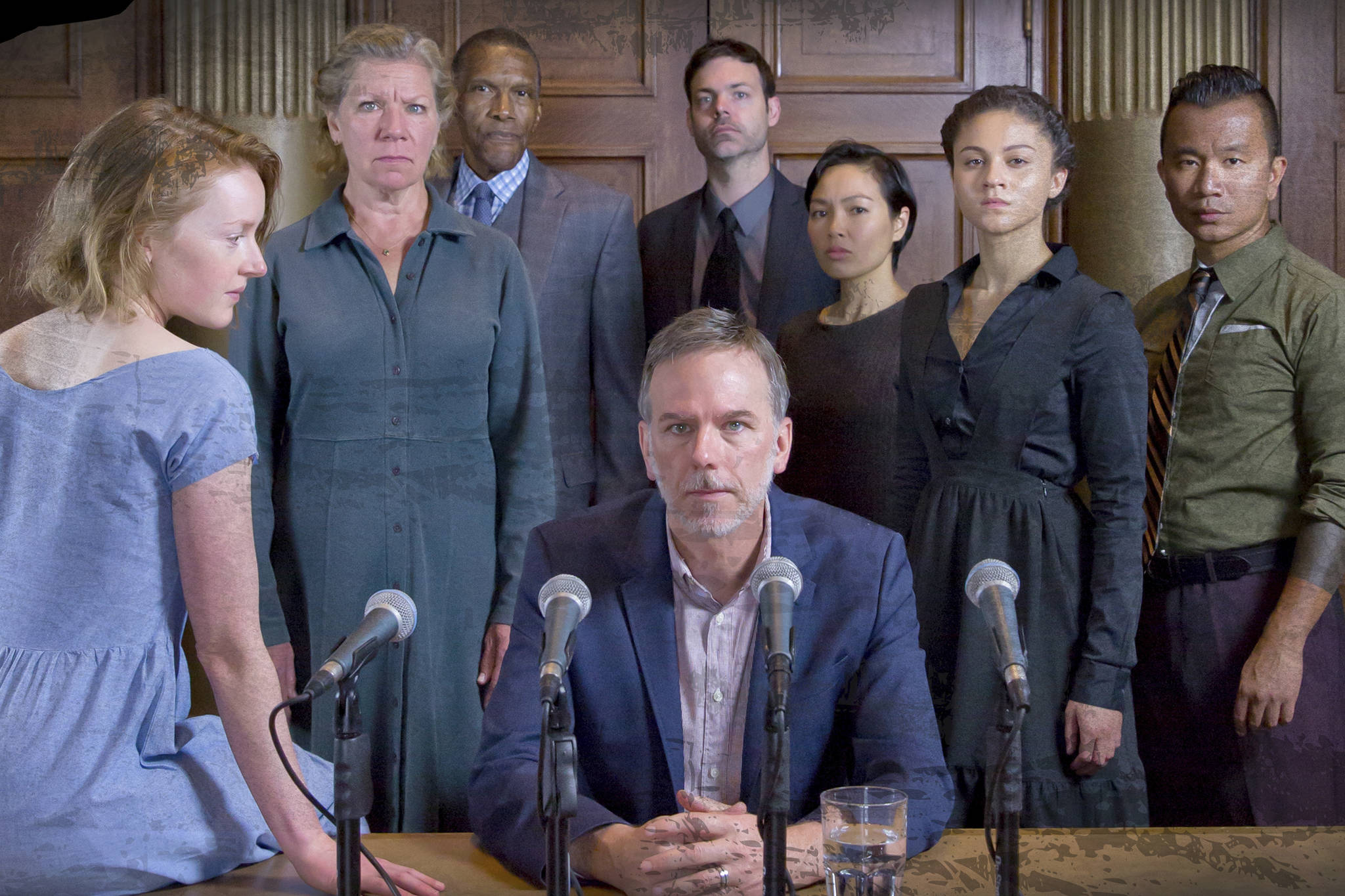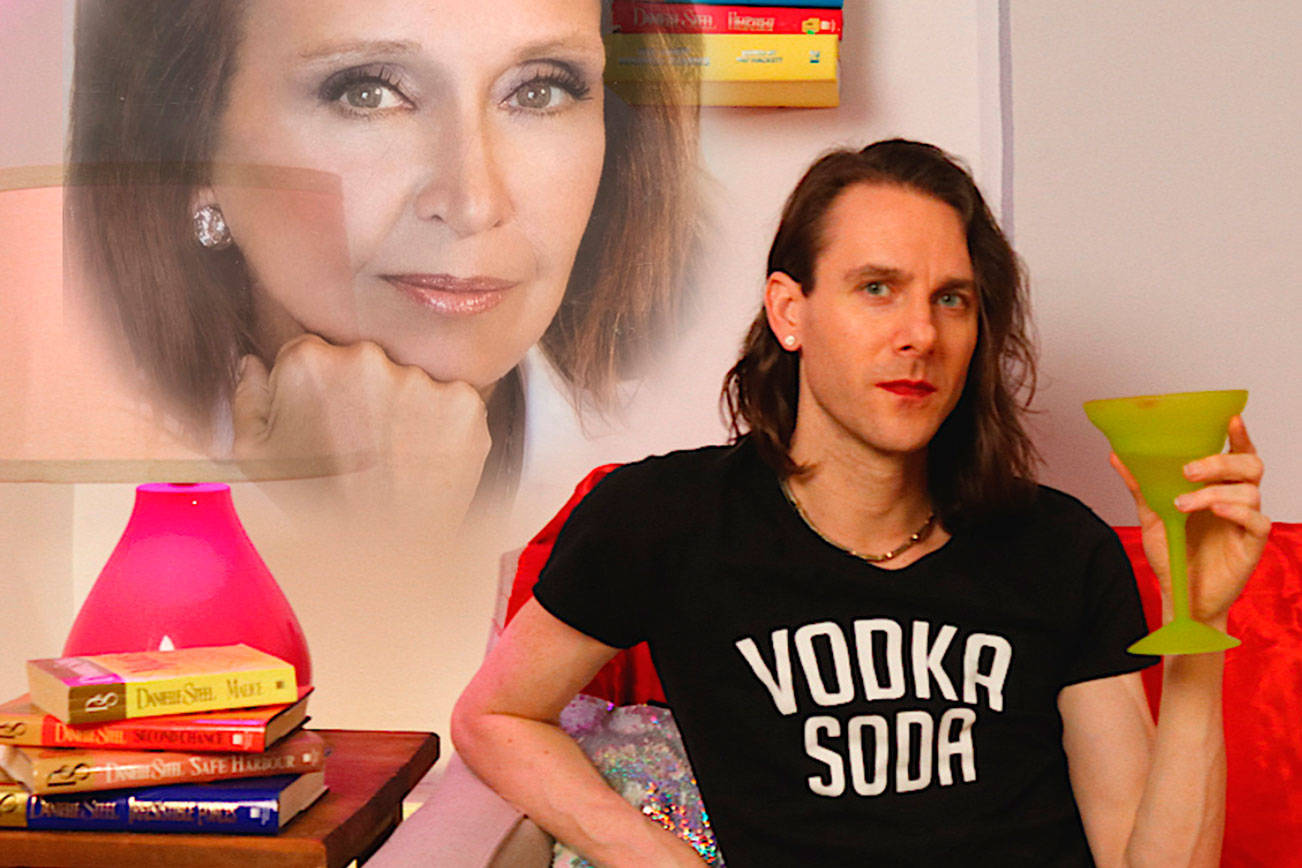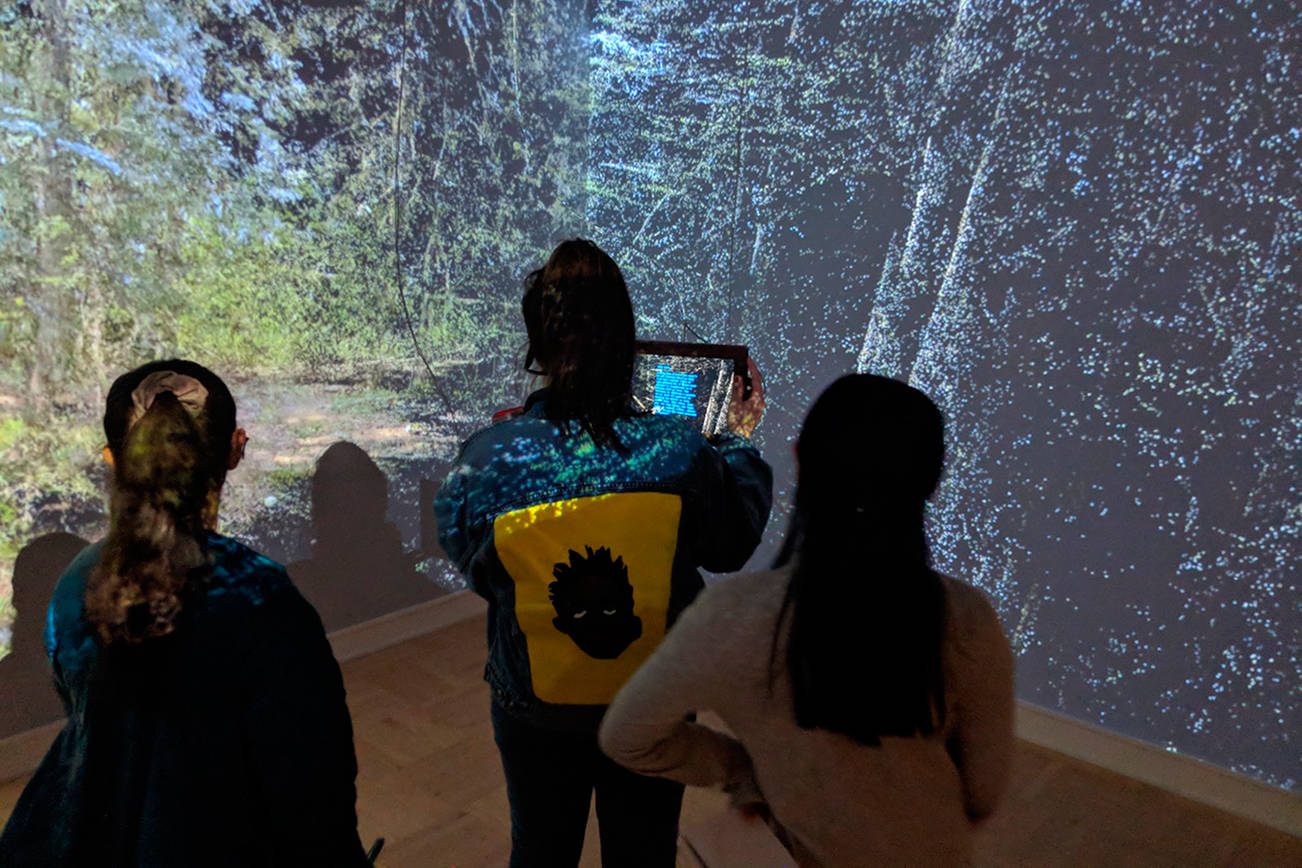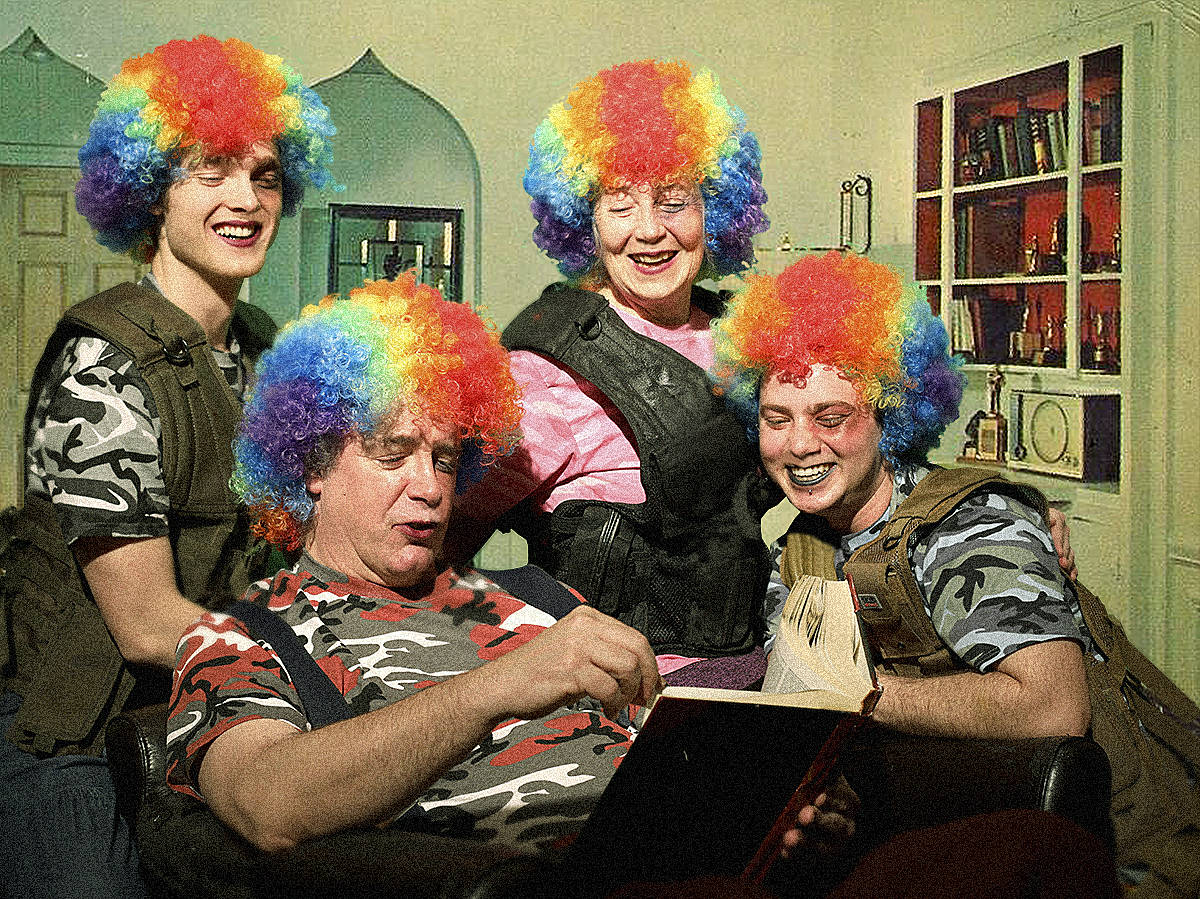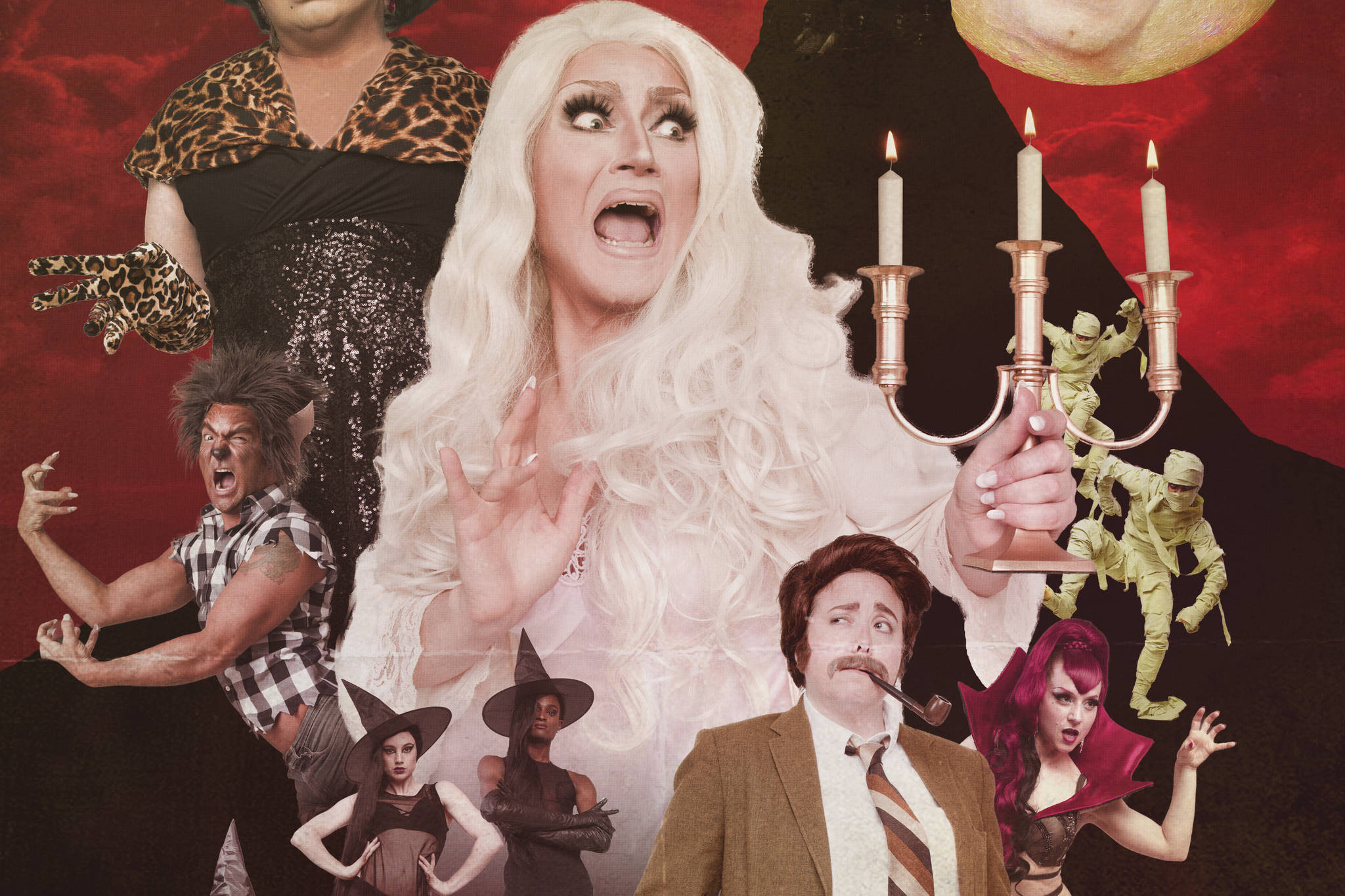What makes a performance revolutionary? I ponder this as a journalist and community organizer daily, committed to the idea of theater’s potential as a tool of resistance. Scanning upcoming season announcements in the Seattle theater scene, I come across numerous productions of plays from the traditional, white, crusty theater canon. The framing for these are all very similar—though classics, they are “revolutionary” and “timely to the political climate.” Why are these plays being chosen over contemporary works? Are theater companies restaging these works primarily to bring in revenue, and if so, how can we as a community restructure the economics of the theater scene to support contemporary artists and work?
These questions are fueled by conversations over the past few months with actors, directors, designers, and audience members. With all this in mind, I sat down with John Langs, artistic director of ACT and director of the company’s upcoming The Crucible, to hear his justification.
Why did you choose to restage The Crucible? What speaks to you in the play? I chose The Crucible because of where we are now in our national political discourse. I woke up on a Sunday morning. I was watching a chat show. I heard Newt Gingrich say that we should reopen the House Un-American Activities Committee [HUAC, which was the context in which Arthur Miller was writing The Crucible. It was a presidential order to start investigating communists. I thought it came out of, and generated, a kind of paranoia that really started people turning on each other. I can feel with this ban on Muslims and the idea of pitting “alt-right” against “alt-left,” there is this reflective moment that The Crucible speaks directly to. I felt like this is the time to bring that play back and do it in a way that speaks as directly to our time as we can.
Why did you choose this play as a form of resistance, versus a more contemporary play that addresses a current social movement, for example, or a play by a contemporary playwright? We [at ACT] are doing contemporary playwrights all the time, but there is a certain moment, I feel like, when revisiting one of these plays gives you a gaze on how history repeats itself, and to see this play again is to say “We are still dealing with these same issues,” and there is a power to that… . I think it is a play that speaks effectively to universal themes.
I worry that the term “universal” can flip an experience that may be very specific to gender, class, and race, and make whiteness the universal. I think the way that I’m using the term is … [that] there is something for everyone to connect with. One audience member is going to take away something very different than another audience member, depending on where their empathy lies, and who they see themselves in on the stage. So that to me feels like a definition of universality.
For a lot of folks this current political moment is no surprise—folks who struggle day in and day out to live and survive in this country. I’m wondering if your framing around the play is more directed toward a white liberal audience that wasn’t aware of this continuous struggle, and just coming into a political awareness? People that don’t know that history repeats itself or aren’t aware of the history of constant systemic, institutional, structural violence within a U.S. context? I hope not. I hope it is richer than that. It’s my intention to make it so. I’ve gone out of my way to really choose this cast because they are people who have something to say about the world. We’re adding some of the annotated script of Arthur Miller when he talks about how this play fits in the 1950s, and I’m asking the actors to come up with some text about how they respond to it now, and in the cartilage of this play … We’re meeting our cast as explorers, and the central question is: Why is it relevant right now? Our entire process is about making connections to the world that we live in now, and trying to pull down the barriers between those people who are sitting in the seats in 2017 and the actors onstage.
Do you think it would be more effective to do a play where you are not having to constantly ask “Why is this relevant now?” I think you have to ask that with every play. Even in a contemporary play … every day in rehearsal. I don’t see this play as different than any play in that way. In terms of that question: Why now? Why do this play now?
Do you all at ACT feel like you need to stage a classic play in order to bring in the revenue needed to sustain the theater? Oh sure, I think it helps. I think doing a name that people are familiar with is always helpful.
Do you think there’s a way for theaters in Seattle to not have to rely on classic works to sustain themselves economically? Yes. I hope so. I hope that there is a way, but I also value the classics. I value the writing from the past, I think it has things to teach us. We search for cutting-edge, contemporary work all year to put on the mainstage, and it’s all a balance for me when I think about a season.
Do you think that there is such thing as a politically neutral play? No. When an actor stands up in front of a room full of people and tries to tell the truth about anything, it is political. I just feel like theater is a political act, and it is thrilling that way … Theater is a catalyst for change, and a place for conversation.
The Crucible, ACT, 700 Union St., acttheatre.org. $20–$70. All ages. Runs Oct. 13–Nov. 12.
stage@seattleweekly.com
